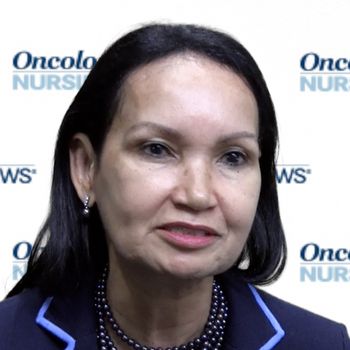
Due to their strict regulations, clinical trials eliminate room for discriminatory practices, and can lend insight to disparities among groups.

Due to their strict regulations, clinical trials eliminate room for discriminatory practices, and can lend insight to disparities among groups.

Don't waste time being upset, and don't try to shield loved ones from their diagnosis.

From long-term data to additional clinical trials, more is needed to better understand immunotherapy in lung cancer.

An expert gives an overview of the different treatment approaches for patients with breast cancer that has metastasized to their brain.

It is crucial for nurses to be aware of adverse events that can occur in patients who are receiving CAR T-cell therapy, explained one expert.

There are certain comorbidities and lifestyle factors that practitioners must consider before prescribing treatment for chronic myelogenous leukemia.
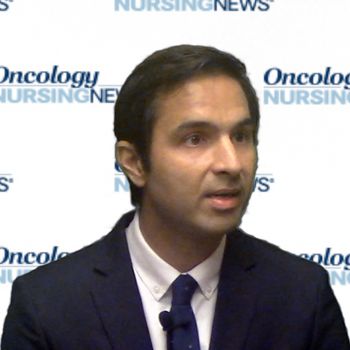
A new surgical method could help treat lymphedema, according to one expert.

Certain racial groups had a higher incidence of early-onset colorectal cancer, according to recent research.

A grateful patient recognizes all the hard work that goes into their treatment and care, explained former NFL player Rolf Benirschke.

Oncology nurses brightened the mood of Kerry Fraser's first oncology appointment.

Liquid biopsies and other novel techniques have the potential to change the bladder cancer space. However, unanswered questions remain.

Patients with CLL prescribed BTK inhibitors may have a higher chance of developing secondary cancers, according to recent research.
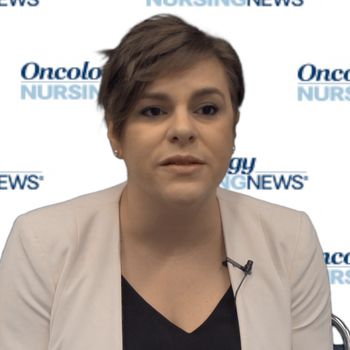
Cancer-related cognitive impairments affect many survivors of the disease, and can have major impacts on their daily living.
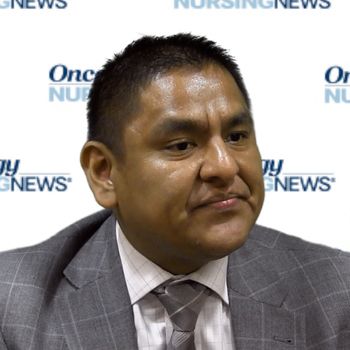
One expert discusses findings from the TAILORx study.

Nurses, other clinicians, and outside organizations must work together to ensure that all patients' needs and concerns are being addressed.
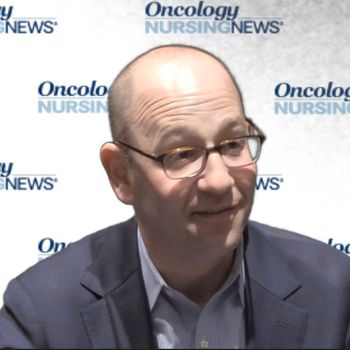
There is so much important and actionable clinical data found in clinicians' notes in electronic medical records (EMRs).

Oncology nurses are often faced with the question, "Isn't your job depressing?" Hear what what radiation oncology nurse had to say.

The broadcast journalist discusses how her colleagues rallied together when her husband was diagnosed with colorectal cancer.
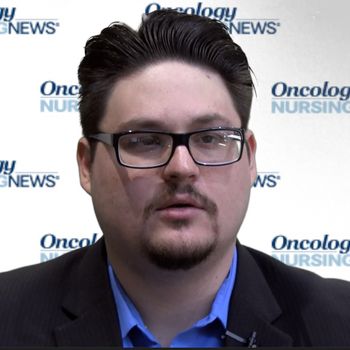
Liquid biopsies are becoming essential in the lung cancer arena.

There are certain indicators for patients with lung cancer who may progress on osimertinib.

Combination therapy has been the biggest recent advance in the melanoma space, but there is still more work to be done, according to Douglas B. Johnson, MD.

After the USPSTF advised against prostate cancer screening for all men, there was a decrease in the incidence of the disease.

Genetic testing can be very beneficial to patients and their families. However, some people are still unsure about having it done.

Radiation dermatitis is a common adverse event for patients with head and neck cancer undergoing radiation therapy, but a new kind of dressing may help.
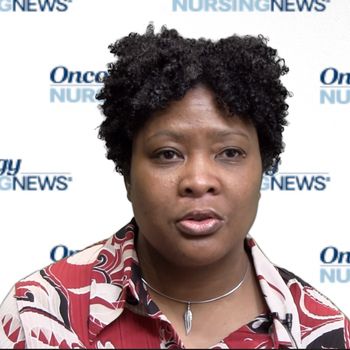
After the widespread use of targeted therapies for breast cancer treatment, there was a wider gap in mortality rates between black and white women with the disease.

Chemotherapy-induced periphreal neuropathy can affect patients' daily living, and some individuals may be more prone to it than others.
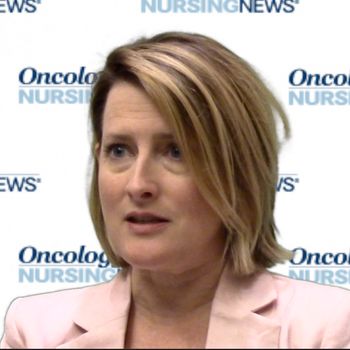
Oncology nurses are key in enrolling and helping patients through clinical trials.

Radiation's role continues to shift in the treatment of patients with prostate cancer.
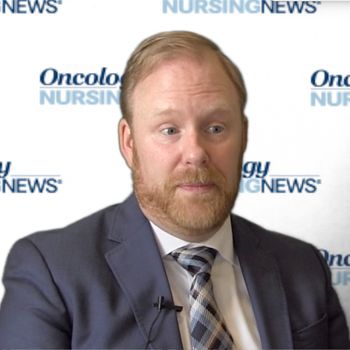
A multidisciplinary care team is needed when treating patients who are given a combination of chemotherapy and immunotherapy.

How can disparities be mitigated when it comes to giving patients the newest and most innovative cancer treatments?